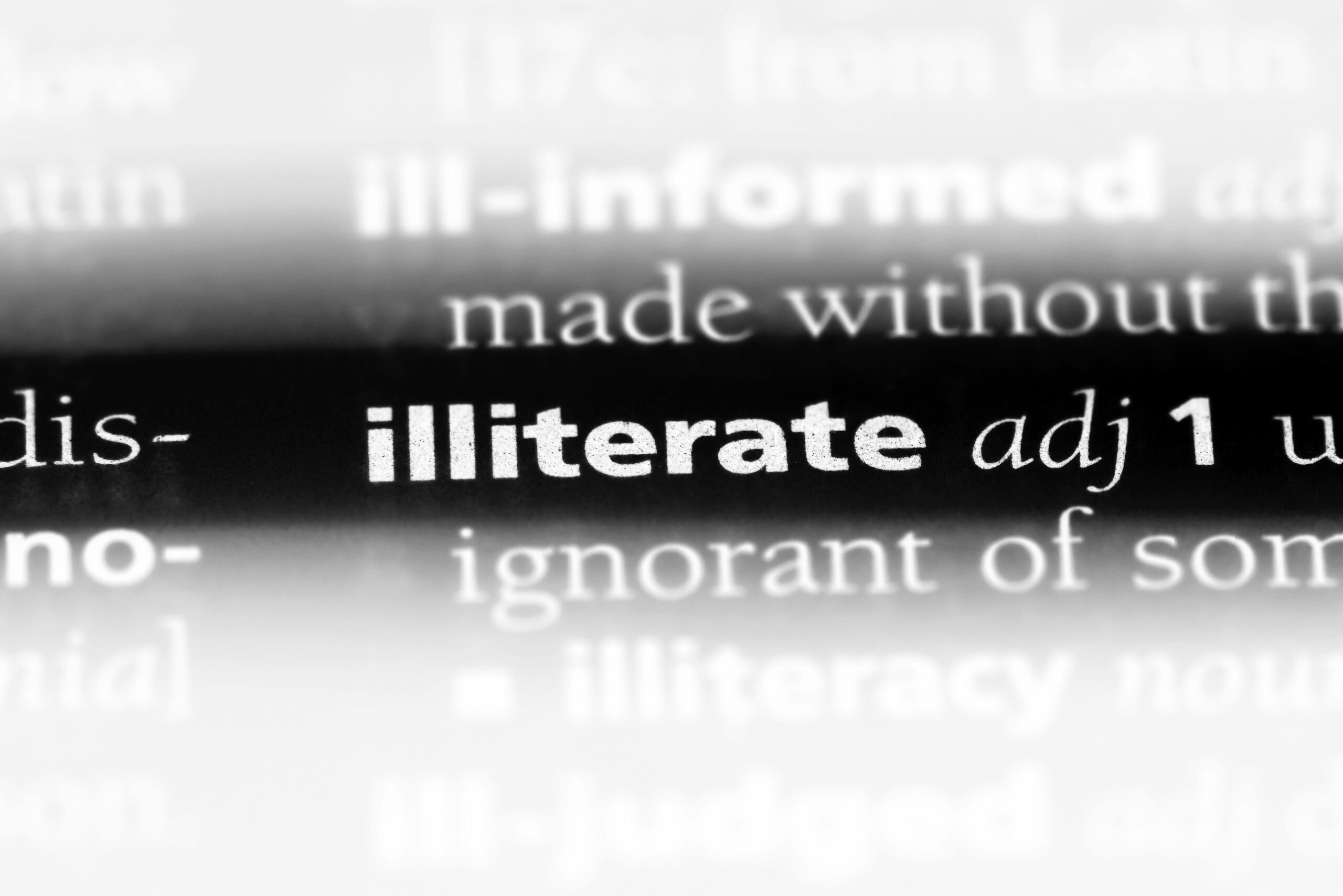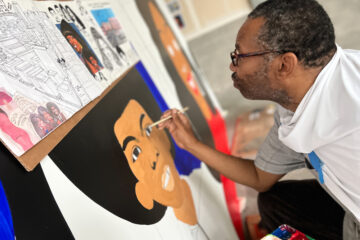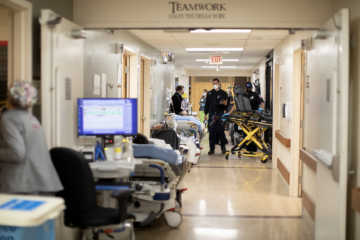Why Can’t California’s Schools Teach Our Kids To Read?
Written by Nelda Kerr
In February 2020, students and teachers won a landmark $53 million settlement against the State of California for not teaching kids how to read. At the time, 56% of students in both San Francisco and Alameda counties were meeting state standards for English, with a quarter of all students testing far below.[1]
In Alameda, 27% of black and 36% of latino/a/x students met or exceeded the state English standard, vs. 72.69% of white students. This is not news.
In Alameda, 27% of black and 36% of latino/a/x students met or exceeded the state English standard, vs. 72.69% of white students. This is not news. At the middle school where I teach in Oakland, we call it “the big rock.” The achievement gap that walks into my classroom every fall is difficult to close in one year, no matter how many strategies we employ, book clubs we start, books we buy, or remedial classes we try to squeeze into the school day. But when dealing with this issue, we can’t make excuses.
COVID-19, no doubt, has made it worse. We don’t even have accurate data after 2019, but teachers can see it in our student population. While families in the Oakland hills were forming pods, hiring credentialed teachers to tend to their children, kids in the flats were largely left to fend for themselves. Between internet connection issues, multiple kids trying to learn online in one room, parents working and unable to check in, generational illiteracy, poverty, Tik Tok, and Xbox, many kids effectively lost a year or more of what little growth they would have seen.
We pass kids on no matter their performance.
Attendance is still abysmal this year, and students who need the most help often miss the most school. We often talk about “cutting kids slack” because they’ve had such a hard time these past few years, but all that slack only serves to widen the gap in their skills. We pass kids on no matter their performance, and many schools are considering cutting out D and F grades. We worry about their stress levels and self-image, then are forced to pass the buck for the next round of teachers to face.
ABC launched a comedy sitcom this year called Abbott Elementary. It depicts the trials and daily antics of underfunded schools and underpaid teachers. Schools have become so devalued that we can fill scripts with jokes about how dysfunctional the buildings and services are that we offer our children.
Silicon Valley loves to give big chunks of money in public philanthropic moves, but these donations only serve to reinforce a system where the resources and profits stay in the stockholders’ hands
Here in the Bay Area, I’m all-too-aware that an entry level position at a tech company could get me $20K more per year, plus catered lunches, flexible work hours, and about half the workload I currently have with 130 students. That world is cut off from kids, even though investing in education would help these companies have diverse and qualified staff in the future. Silicon Valley loves to give big chunks of money in public philanthropic moves, but these donations only serve to reinforce a system where the resources and profits stay in the stockholders’ hands.
In January of 2021, the NAACP filed a petition with the Oakland Unified School Board suggesting an 8 point literacy plan that could support our students. The most important, I believe, is number 4: “Provide instructional staff, including teachers, principals, coaches, and paraprofessionals, ongoing access to literacy training and materials which support the neurodiversity of the district’s students.”
It’s hard for any teacher to give that individual care with class sizes over 30.
Learning to read is like building up muscle. If you want to do a lot of push ups, you have to do push ups every day. When kids walk into kindergarten, beyond race, class, or gender, the divide shows up for kids who have someone who reads with them vs. kids who don’t. As the years go on, students still need personal attention and investment to gain skills, not testing and online programs that treat them like cogs in a machine. It’s hard for any teacher to give that individual care with class sizes over 30.
It can be tedious to learn how to read in middle school if you don’t know how yet. It’s embarrassing, and students experience intense shame. Many get lost in the crowd or focus on what they are good at: maybe sports, art, or social media. It takes a refined set of skills to teach phonics and develop relationships with students so they can trust you in their vulnerability. The work requires specialized training that simply isn’t offered to teachers. At Stanford, Cal, and the many ed-tech companies in the Bay, they are on the cutting edge of research about cognitive reading strategies, pedagogies of play, and online curriculum tools, but all of this seems locked in an ivory tower, far from my students in Oakland.
It’s so common that it’s cliche to talk about teachers being underpaid and schools underserved in America. But one of the byproducts is graduating students who cannot read into a society that does not care to support them. Reading is a fundamental right that should be afforded to all citizens of a just and free society, but we all know ours isn’t either. This issue fuels the school-to-prison pipeline, the truancy and drop-out rates, and systemic poverty that keeps our kids from ever leaving survival mode.
There are so many reasons to ring the alarm. Oakland teachers went on strike in 2019 to combat low wages and understaffed schools. These monumental efforts have made small dents in the issues we face. Teachers are performing a mass exodus from the profession because we aren’t martyrs, no matter how much we care about our kids.
Schools across California will get grant-based literacy support from that $53 million lawsuit, but that’s not enough. We need comprehensive overhaul. The blame game is ubiquitous and it doesn’t serve anyone, but taxing the rich couldn’t hurt. Paying me what my two graduate degrees and 10 years of experience in education are worth couldn’t hurt. Bringing in and training enough people to sit down with these kids and read with them, so they can build those muscles, is the only way.
We have to invest.










